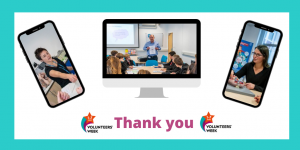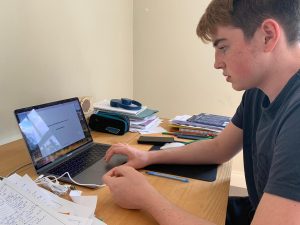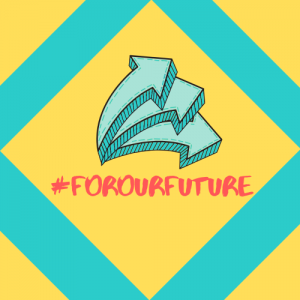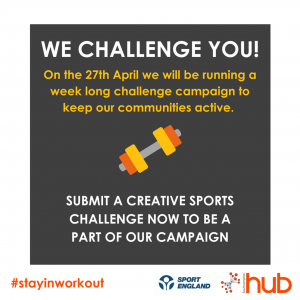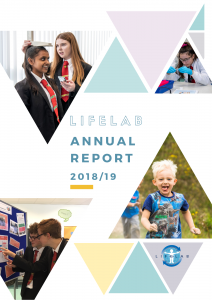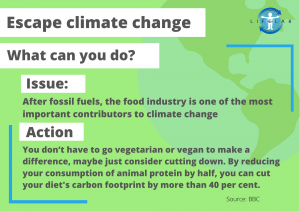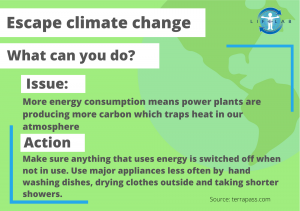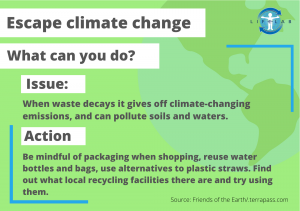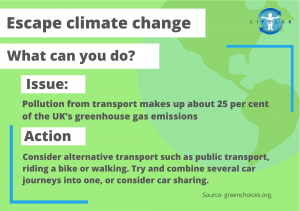The LifeLab and EACH-B teams joined forces this week to take part in a national day of action to celebrate the contribution young people make.
The #PowerOfYouth campaign is nationwide collaborative effort aiming to empower more young people to make a difference, and give them opportunities to shape their future.
On Wednesday, 3 June, people were invited to share videos paying tribute to young people and recognising them as leaders of the future.
The LifeLab and EACH-B teams, along with their supporters from across the world, put together a video to thank those young people who they have been working with across a number of research projects, particularly through the Covid-19 pandemic .
This research was sparked by consultations that took place with young people on the day of the lockdown, prompting a study to begin – TeC-19: Teenagers experiences of COVID-19.
This study has led to the production of support materials, the #ForOurFuture pack, a free downloadable pack that signposts young people to opportunities and organisations that can support them in keeping active and taking part in activities from volunteering to new interests, academic skills and brushing up their CV.
The TeC-19 project protocol is now being used by research teams in sites across the world in a project led by Polly Langdon.
You can watch the teams’ #PowerOfYouth video here.
Our amazing team, @each_b colleagues & supporters have made this film to support #PowerOfYouth Day – recognising the difference young people are making in shaping a better future Watch the video ⬇️ giving our thanks to the fantastic young people we work with. We salute you 👏🏼 pic.twitter.com/wa9gyJdlJy
— LifeLab (@LifelabSoton) June 3, 2020
